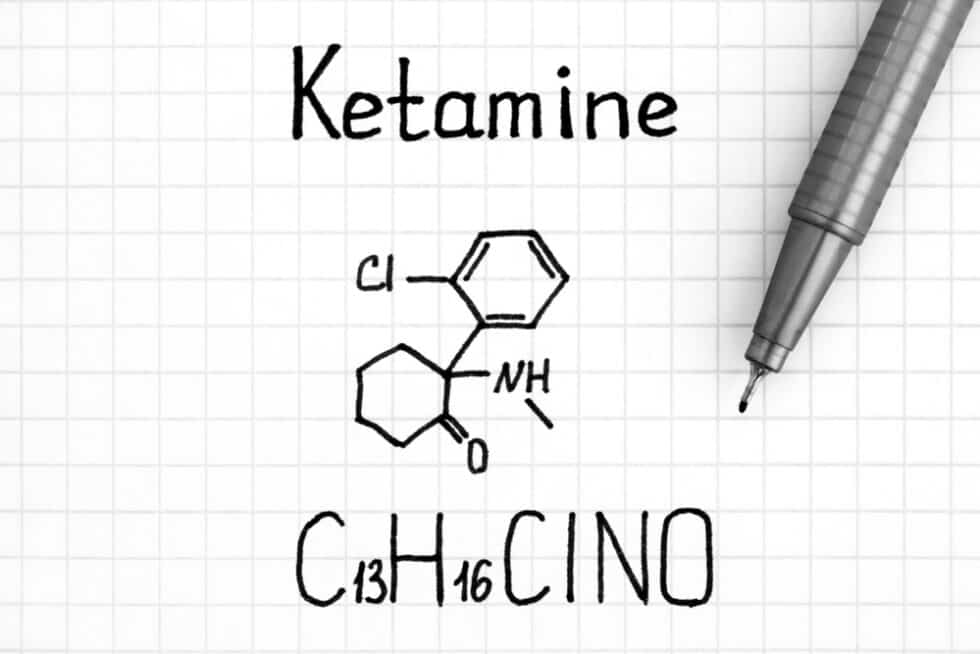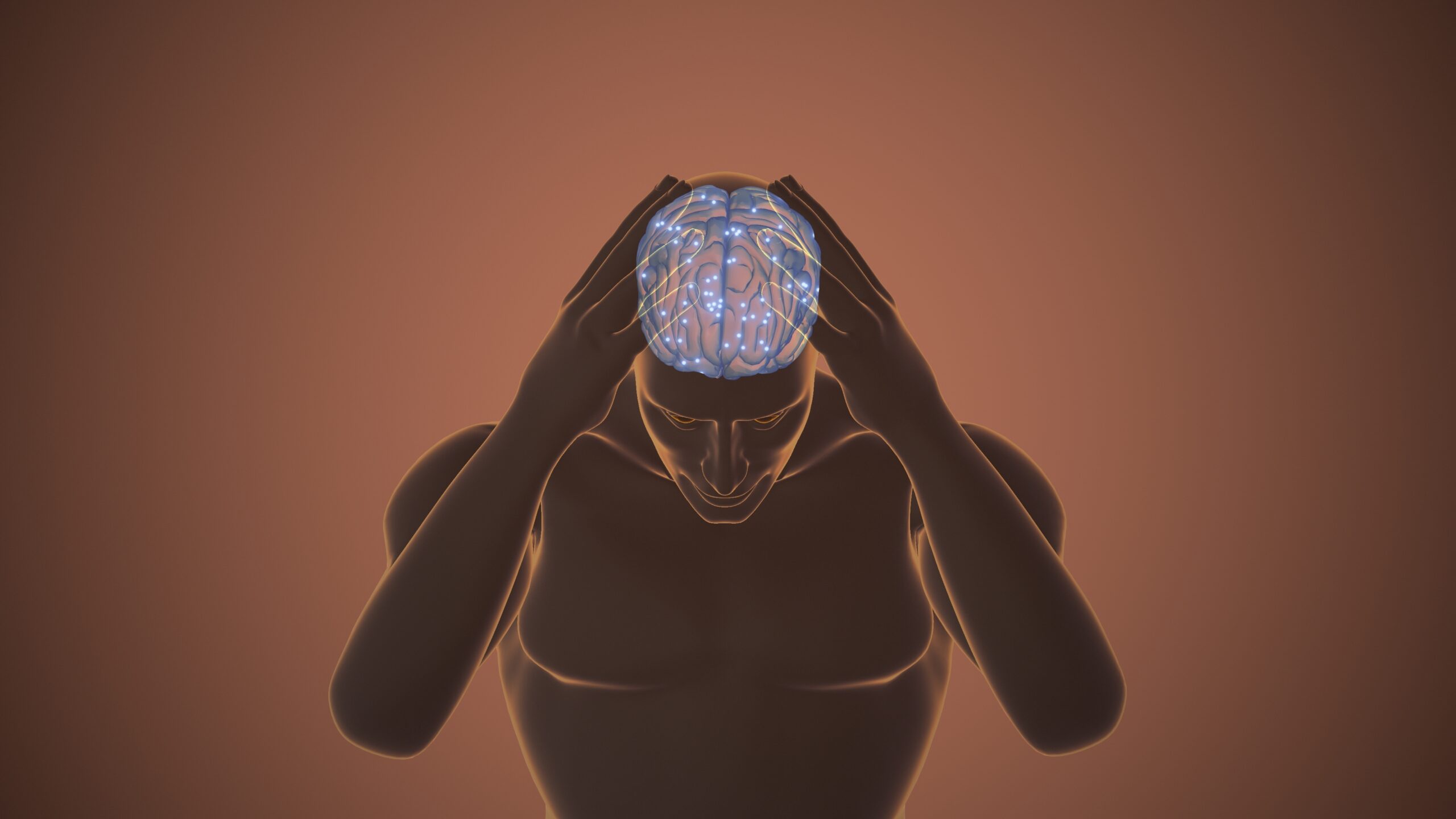Video Transcript
People ask me all the time what is ketamine? Ketamine is an anesthetic, it is not a party drug, and it’s not a horse tranquilizer. It is used and abused in many different ways, but that doesn’t define it. What it is is our primary anesthetic for small children, it’s the safest anesthetic we have, it’s one of the World Health Organization’s 100 essential medications and it is one of the best psychoplastogens in medication that stimulates neuronal regrowth and optimization in the brain that exists.
One thing we want our patients to keep in mind is that this is brain optimization. Whether we’re using this to treat mental health, chronic pain, dementia, Alzheimer’s, stroke recovery, traumatic brain injury, or just brain fog as a result to post coronavirus syndrome, this is the best and most effective means we have of stimulating neuronal regrowth and optimizing your quality of life.
What is ketamine used for?
Ketamine was initially designed for use as an anesthetic, and it is still primarily used for this purpose. However, it has also been found to be effective as a treatment for depression, chronic pain, and other conditions. In low doses, ketamine is a powerful antidepressant and has been found to have fast-acting properties, making it a potential option for those with severe depression.
How does ketamine work?
The exact way that ketamine works to treat depression and other conditions is still not fully understood. However, it is believed that it affects the levels of certain neurochemicals in the brain, such as glutamate and dopamine, that are responsible for regulating mood and pain. Ketamine is known as an NMDA receptor antagonist, which may play a role in its therapeutic effects.
What are the side effects of ketamine?
Like any medication, there are potential side effects associated with ketamine treatment. Some of the most commonly reported side effects include nausea, headache, confusion, and increased blood pressure or heart rate. More serious side effects, such as hallucinations or seizures, are rare but have been reported in some cases.
How long does ketamine last?
The effects of ketamine can vary depending on the method of administration and the dosage used. Generally, the effects of a single dose of ketamine can last anywhere from 30 minutes to several hours. When used as a treatment for depression, ketamine is often administered in a series of infusions over the course of several weeks.
Is ketamine addictive?
Ketamine has the potential to be addictive, particularly when it is used in high doses or in recreational settings. However, at the doses used in clinical settings for depression or pain, it is not generally considered to be addictive. Additionally, ketamine treatment is usually carefully monitored by a healthcare provider to minimize the risk of addiction.
How is ketamine administered?
Ketamine can be administered in several ways, including intravenously, intramuscularly, orally, or through a nasal spray. The method of administration used will depend on the condition being treated and the healthcare provider’s preference. Ketamine infusions are one of the most commonly used methods for treating depression and chronic pain.
Ketamine is a powerful medication that has been used primarily as an anesthetic for many years. However, in recent years it has emerged as a potential treatment for depression, chronic pain, and other conditions. While it is not without its potential risks, ketamine treatment can be safe and effective when used under the guidance of a healthcare provider. As more research is conducted, it is likely that we will learn more about ketamine’s potential benefits and potential uses.







